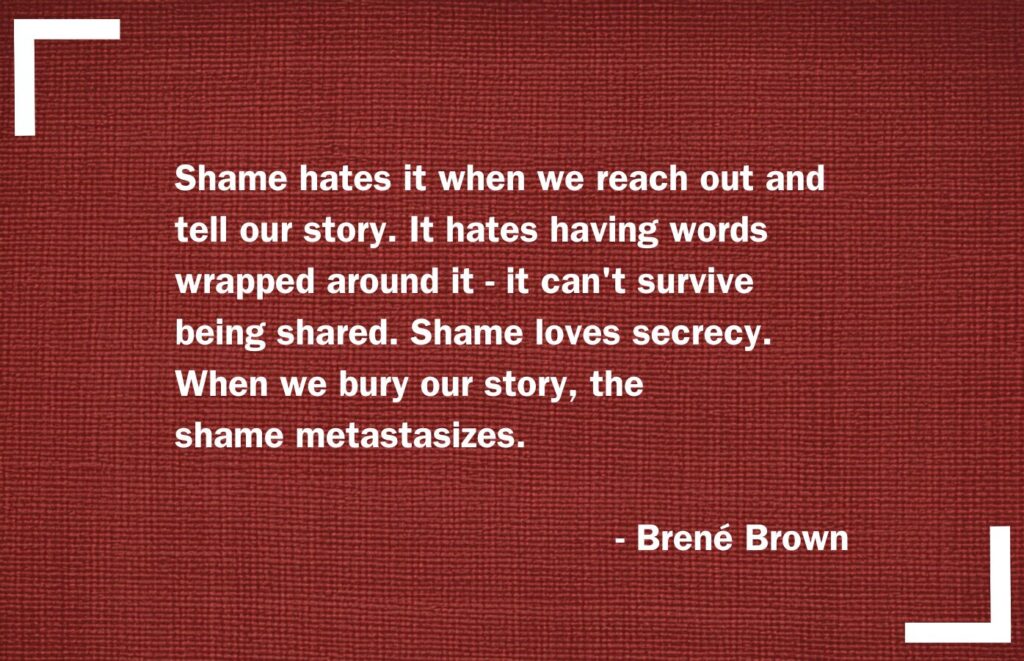Gisèle Pelicot, and bringing shame into the light
Gisèle Pelicot’s request for an open trial speaks to how we understand shame in situations of trauma – and how bringing shame to light helps us process it, and place it where it belongs.

“It’s not for us to have shame. It’s for them.”
This statement made by Gisèle Pelicot at the trial of her former husband and the men who raped her speaks volumes for how we understand shame in cases of abuse. Where that shame sits has a huge impact on mental health and trauma.
Within trauma, those who have lived through abuse often feel intense shame, sometimes encouraged by abusers. This is because shame mutes us; it prevents us from sharing our experiences and our stories. And it is used as a means of hiding abuse and violence.
This is part of why Ms. Pelicot’s decision to request an open trial is so significant – because when we find ways to share our stories in open ways, it helps us brings that shame to the surface, understand it, and place it where it belongs. Ms. Pelicot has encouraged others to do the same, using this trial as an example.
Within the mental health system, we know that telling our stories – openly and truthfully – are key parts of reducing cycles of shame, and the stigma that in turn induces further shame. This is why listening to people, and hearing their experiences, is a mental health intervention.
We’d also like to reflect and thank all people who, like Ms. Pelicot, have openly spoken of their experiences. Their strength helps others to relate, to process their shame, and to allow that shame to instead sit with the perpetrators of their abuse, and with systems that would silence those who have lived through traumatic experiences.
We have been collecting and sharing stories from people who have been given the diagnosis of personality disorder, and hearing that often the impact of shame and stigma from past traumatic experiences has contributed to the roots of their distress not being understood by the medical system.
You can read some of the stories shared with us here: https://platfform.org/system-change/truth-project/personality-disorder/
